Whether you live with your partner, or you are planning to live with your partner, it can be worthwhile for couples in a de facto relationship to consider entering into a cohabitation agreement. This type of agreement, often referred to as a ‘BFA’ or Binding Financial Agreement, can be beneficial to those looking to safeguard their assets and avoid emotional and financial trauma if a relationship breaks down. But, how important is it to have a cohabitation agreement?
What is a Cohabitation Agreement?
Under Section 90UB and 90UC of the Family Law Act 1975, de facto couples have the choice to make a financial agreement to protect their assets. This type of agreement formalises how a couple’s assets, property and superannuation will be distributed in the event of a relationship breakdown. A cohabitation agreement is not just applicable to de facto couples. You may enter an agreement:
- Before getting married (a pre-nuptial agreement);
- While married or in a de facto relationship;
- While separating from a spouse but before applying for divorce; or
- After a de facto relationship breakdown or divorce
Why Enter a Cohabitation Agreement?
There are several reasons why you may choose to enter a financial agreement.
Typically, the following people will look to enter one:
- Couples looking to protect their assets, both current and future. For example, if one party of the de facto relationship has more assets than the other partner, then signing an agreement will prevent any disputes if the relationship breaks down.
- Individuals entering a new de facto relationship or marriage who have children from a previous relationship might look to sign a cohabitation agreement to protect their children financially in the long run. These agreements can include information regarding child support.
- A person or party who is entitled to an inheritance at a later stage in life, or if one party operates a family business or is part of a family business that needs protecting.
Parties can also benefit from stamp duty concessions and Capital Gains Tax relief when entering a cohabitation agreement.
How is This Agreement Deemed ‘Binding’?
Under section 90G of the Family Law Act 1975, a cohabitation agreement or BFA is considered ‘binding’ if:
- The agreement is signed by all parties;
- Before signing the agreement, each party was provided independent legal advice on their rights and the advantages and disadvantages of making the agreement;
- Before or after signing the agreement, each party was provided with a signed statement by a legal practitioner confirming that the advice was provided;
- A signed copy of the legal practitioner’s statements are exchanged between parties; and
- The agreement has not been terminated or set aside by the court.
When Might a Cohabitation Agreement Be Considered Invalid?
The Family Law Act 1975 does set out circumstances where an agreement may be declared invalid by the court.
A few circumstances include:
- The agreement was obtained by fraud;
- A party entered the agreement with the intention to defraud a creditor of the other party;
- The agreement is void, voidable, unenforceable;
- Circumstances have arisen since the agreement was made which makes it impracticable for the agreement to be carried out;
- Since making the agreement, a material change in circumstances has occurred relating to the care, welfare and development of a child, and as a result of this change, the child or party will suffer hardship if the court does not set the agreement aside; and
- A party to the agreement engaged in conduct that was unconscionable.
To discuss the specifics related to an invalid agreement, please get in touch with our family lawyers.
Still Unsure Whether Or Not You Should Enter a Cohabitation Agreement?
This type of agreement does require a lot of careful consideration and specialised legal advice from an experienced family lawyer. Before entering an agreement, we highly recommend speaking to our team at Emerson Family Law. We can guide you through the specifics of a cohabitation agreement, discuss negotiation terms and even draft agreements. Please get in touch with our team via email or by phone.



